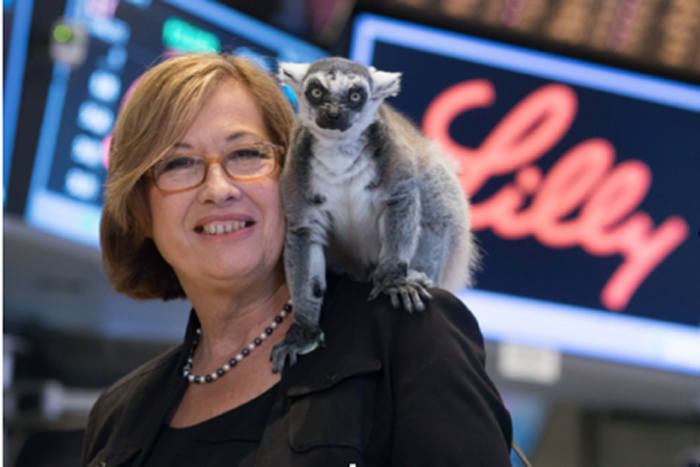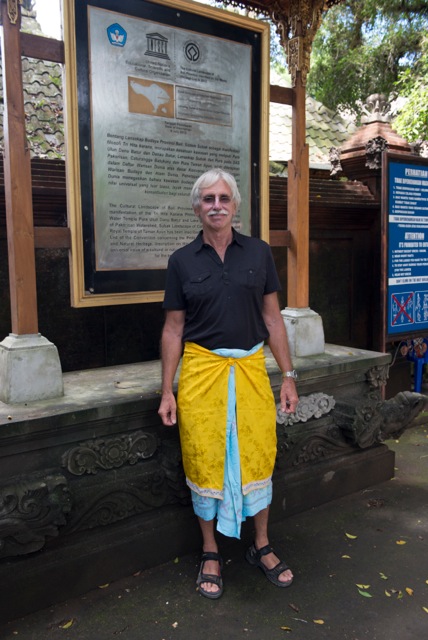ScienceLives
Latest about ScienceLives
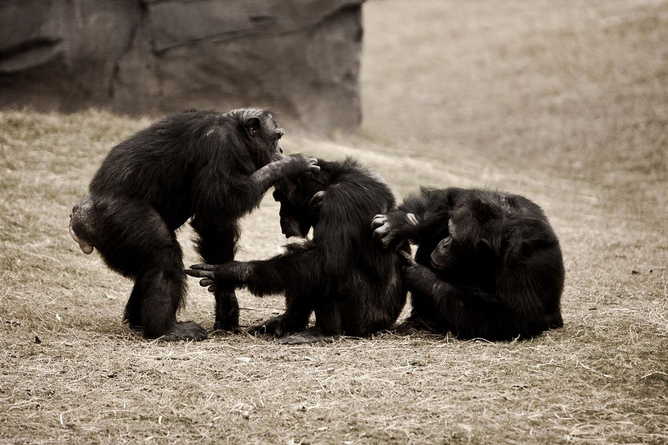
Exploring What Makes Cooperation Work
By Priya Ramaiah published
By studying primates such as monkeys, apes and even humans, Sarah Brosnan works to understand how cooperation has evolved across time.
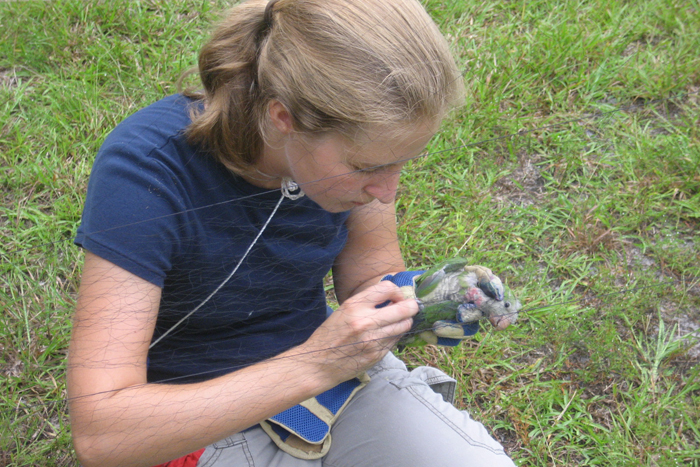
Parrot Pecking Order Hints at Humans' Social Lives
By Catherine Crawley published
Researchers uses quantitative methods to understand how and why species such as parrots develop complex social societies and how those social relationships compare to other animals.
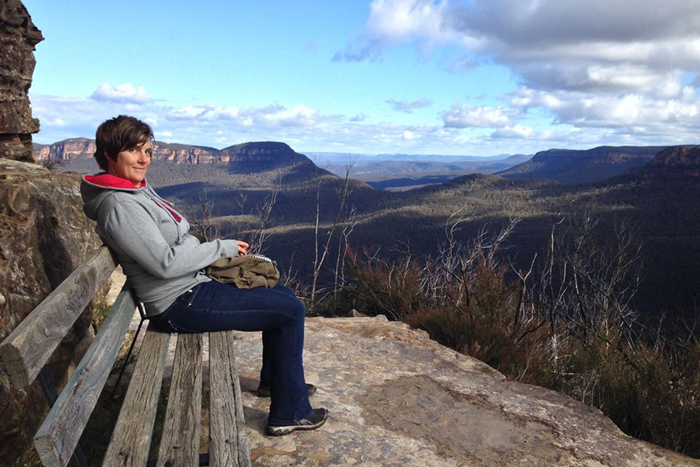
Urgently Examining Environmental Impacts of Fertilizer Run-off
By Catherine Crawley published
As human activity alters the balance of nutrient cycles in nature, one mathematical biologist seeks answers to questions about how phosphorous pollution affects our lakes.
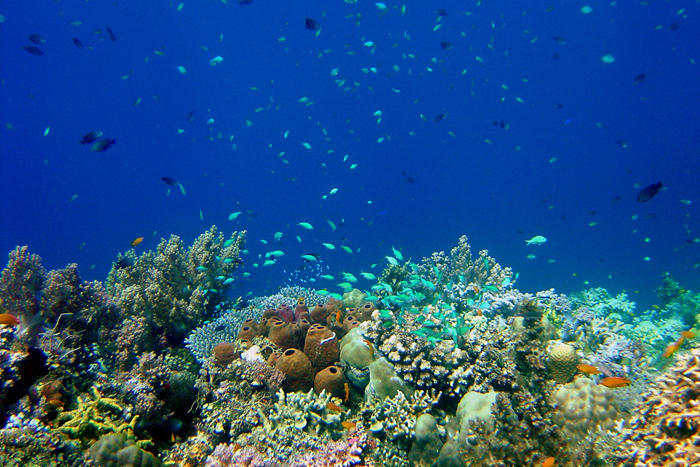
Balancing the Good and Bad: News for Coral Reefs
By Lily Whitman published
Marine ecologist Paul Sikkel discusses his passion for and work with coral reefs and the best ways to protect them.
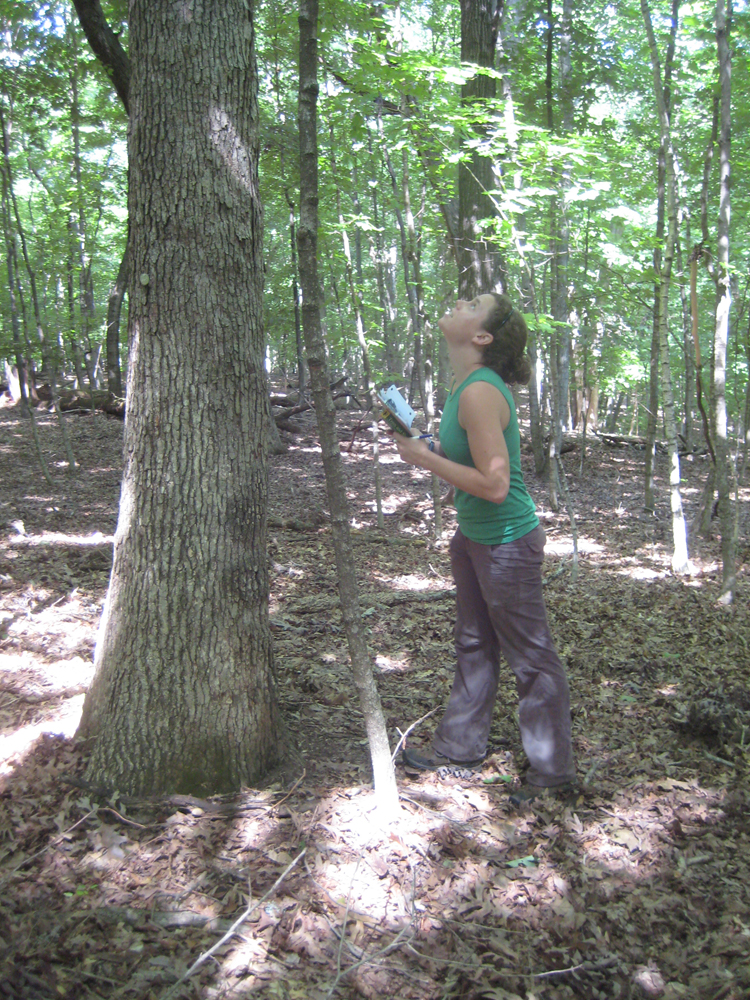
How Plants Affect the Global Carbon Cycle
By Catherine Crawley published
Caroline Farrior uses math to understand the old plants play in the global carbon cycle so scientists will be able to predict the path of climate change.

Computer Models Aid Kidney Disease Research
By Catherine Crawley published
Ioannis Sgouralis of the National Institute for Mathematical and Biological Synthesis is using mathematical modeling to study how the kidneys behave in a range of different conditions.
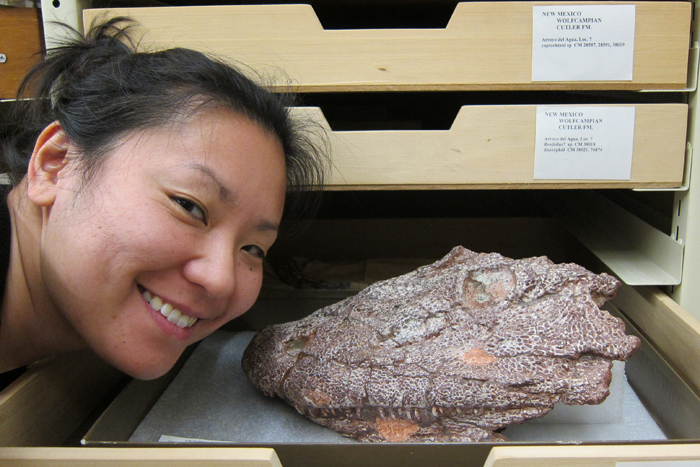
From Drawing to Morphology: Sandy Kawano
By National Science Foundation published
A childhood love of drawing leads Sandy Kawano into a branch of biology studying in animal body shapes
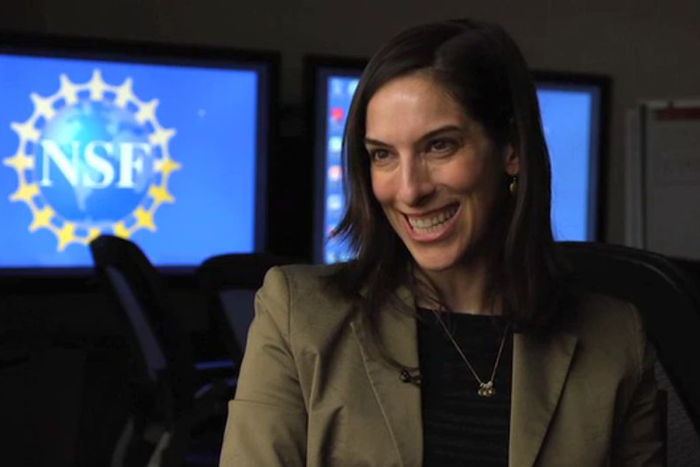
From Slot Machines to Self-Tracking Devices: An Anthropologist Story
By Priya Ramaiah published
Anthropologist Natasha Schüll seeks to understand our connections and responses to machines and technology.
Sign up for the Live Science daily newsletter now
Get the world’s most fascinating discoveries delivered straight to your inbox.
